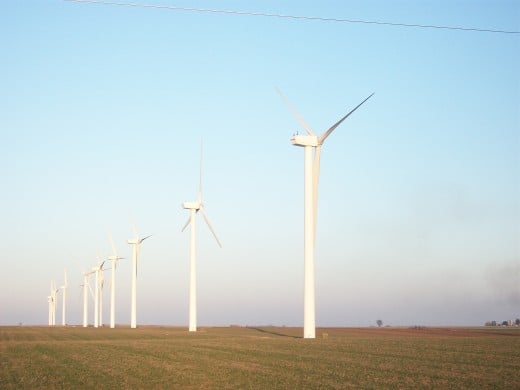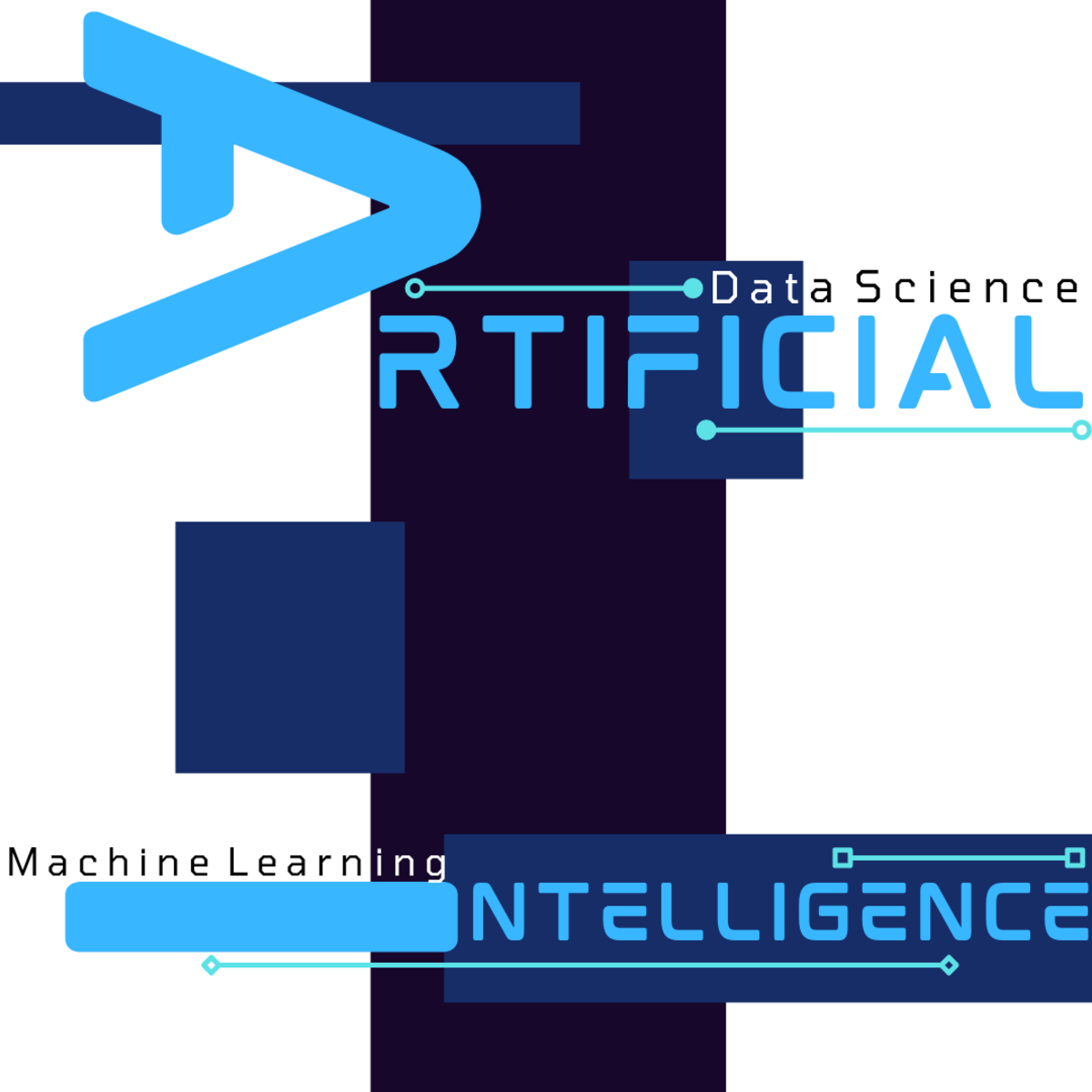Green economy, technology and the future

The Carbon Economy by The Economist and X-Plane
By Mirna Santana
An Ecologist reflects about our current views on the economy and the environment.
Topics included: environment, climate change, economy, energy, energy efficiency, technology and the future.
After I watched the video The Carbon Economy, all the things I know about the environment, my classes, my ideologies, my experiences came together... I wondered, what are we doing?
In 2009, a group of economists calculated that we need 22 billion to reduce climate change (Source: video by The Economist and X-Plane). What do you think other economists, business people, and politicians would say about such spending?The video shows how many new green business we have and the trends looking toward the future. Is it good? Is that the solution we need?
Green economies are in the agenda to solve environmental problems and provide jobs. And yes, this industry is growing at fast pace. Yet, what kind of overall solution do green economies provide? Don't take me wrong, I support green technologies...yet I recognize that the solutions we require are in some cases very simple, and in some cases as complex as the diversity we find in the environment and among peoples. What kind of approaches are we looking for? Are good intentions enough?
I suppose the private and public sector in developed countries can afford to invest 22 billions in green technologies. That investment would probably include solar panels, wind turbines, algae fuels, biofuels, ethanol, fast-growing plants, prairie plants...and more.
If all industries, government offices, and all houses that consume energy to certain levels are set up for efficiency measures, how much will we save? A lot of the technologies are already here including energy efficient mechanisms, efficient cars, and so on...why then we do not implement them?
And if the current industry upgrade its practices towards cleaner and less harsh ways to exploit resources to obtain more fuels, that could also help. May we obtain natural gas without destruction and explosions? Could we ever accomplish 'safe nuclear energy'? Could we produce energy from coal that does not release mercury? Could we even distribute solar panels that do not contain lead, or energy efficient bulbs that do not contain mercury?
Can we produce fuels, natural gas, biogas, solar or other types of energies that can supply the demand? Currently alternative energies as they have been deployed, provide only for a small fraction of the general demand. Could we decreased the demand?
What if... the coal industry would suddenly awake to higher standards that are better for people, for the environment and efficient in terms of profits...
I haven't forgot that business are about profits. However, there is not any business that does not demand resources, and thus all business ought to give something back to the planet in return. The planet provide the resources and we/they shall appreciate that. Only a handful of corporations own a great proportion of the planet resources, these corporations thus have a greater responsibility, and they have not been accountable for it. Up to now, we all have taken our share of intended/or unintended pollution but there ought to be better ways to deal with these issues. Since the 50s after the industrial revolution, there has been this antithesis between development and clean environment, yet it does not need to be that way. Industries can plan ahead and come up with ways to profit with the least impact not with the least initial expenses.
Prevention, forward thinking, investment in security and disaster prevention and management shall be part of any big enterprise. For example, some of the biggest fuel spills accidents were preventable given some investment in security, routine maintenance, and risk management planning had been taken into account. The nuclear accidents where somewhat the result of overconfidence and also problems in the security and disaster planning. Unfortunately, workers were compromised, the land, the water, and the public. In all the prices to paid after the disaster had been greater than taken cautionary measures.
A few people say, that we can not predict everything, and that is true. Yet, considering risk is part of what engineers and environmental consultants do.
We need to invest also in better ways to harvest and utilize resources such as coal...could the corporations allow great minds to follow up on such ideas even if they are initially expensive?
So I wonder, what if we hypothetically invest those $ 22 billion not only in green technologies but also improving peoples lives...What would happen if we begin to help people to recover degraded soils; to recover from violence and to live decently instead of in extreme poverty. What if we invest some money to capture the pollutants from the air...and give everybody fresh air without mercury and other pollutants...what if?
It is not just investment in green technologies and green jobs that are needed, but also changes in policies, as well as changes in efficiency matters and behavioral as well as ethical changes toward more environmentally friendly approaches. I do think that corporations and business people exert a powerful force in these changes, because many decisions and investments are done at this level. Yet, all humans shall get involved in some levels, because we all benefit, profit, and depend of the environment, be it business, corporations, the government and the public..
© 2011 MSantana









